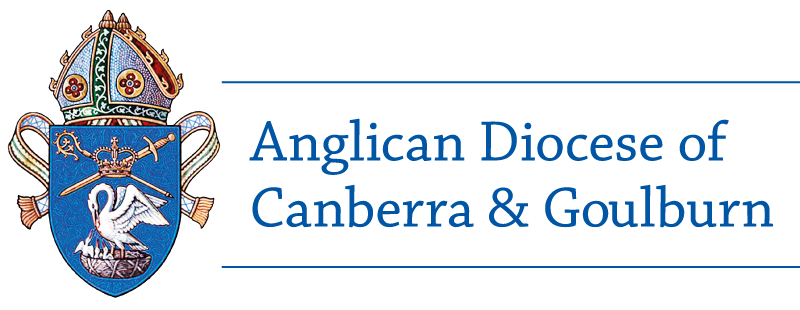How often have we heard or said these words as children? They are words that speak of a damaged relationship, and make for messy playground and classroom dynamics. While we may not say these exact words as adults, because we are human, many of us will continue to experience – and sometimes inflict – damage to our relationships throughout our adult lives. Sadly, our homes and churches, even our communities and nations, can suffer from the ‘I’m not playing with you anymore!’ syndrome – where disagreement and discontent are petulantly thrown in the other’s face, rather than being recognised and resolved. Would it be too cynical to suggest this is presently going on at the level of our own national Church, and internationally in the political arena as well?
We are relational beings. God has made us that way. Our need to relate to others, loving and being loved, reflects a spiritual DNA with which God created us and echoes the unity and diversity of the Godhead. Andre Rublev’s icon of the Trinity (1410), depicts the mysterious relationality within the Trinity. In the painting, the figures all appear to refer to one another by gaze or gesture, describing a close and comfortable relationship between the three figures. If one examines the darker area under the chalice, a smaller rectangle is visible. Legend has it that this area once contained a piece of mirror, which, when the observer looked at the painting, included the observer in the circle.
When our relationships fail, at whatever level, we are not experiencing life as God meant it to be. When asked what the greatest commandment was, Jesus replied that the greatest commandment was to love God with every fibre of your being, and that a second was like it – to love your neighbour as yourself. Relationships are at their best when love of God and neighbour prevails.
Our clergy have recently returned from our four-day annual clergy conference in Narooma, NSW. This year’s plenary sessions came from a company called Relationship Capital, and some inspiring Bible Studies on the book of Jonah were provided by the Venerable Rebecca Newland. The focus of the conference was our relationships – first with God, and then with each other. We were encouraged to be reflective; to look within and allow God to lead us to recognise how we related to others; to see where things needed to change in the non-helpful ways we related to others and to take the first step to move towards better relationships.
One of the conference exercises involved using play figures to describe a difficult relationship, and then moving the figures to describe not only where we were in that relationship, but where we’d like to be. The presenter called the approach ‘The Play of Life’. I personally found it quite powerful.

The conference closed with ‘so what?’ In other words, ‘how does what we’ve learned impact on our lives? Where to from here? What will change?’
I suspect all of us would benefit from being more attentive to the relationships in our lives, especially those that are less than ideal, and engaging with the ‘so what’ of Jesus’ command to love God and love others. Making the first move towards improving a difficult relationship is one sure way of beginning the process of change.
The ‘so what’ of our call to love reaches further than the boundaries of our families and close connections. How might we move towards a greater expression of love within our church communities? How might our church communities show greater love to other church communities – perhaps those in need within our own diocese? In fact, how might our nation move towards a greater expression of love towards other less fortunate nations – a rather hot potato at the moment!
We were created for relationships – good, sound, fulfilling relationships – first with God, and then with others. When they are not happening, we can always find a way to make the first move towards a better relationship. God will show us if we ask him and empower us if we are willing to partner with him to bring about change.
Let us go out and play!

